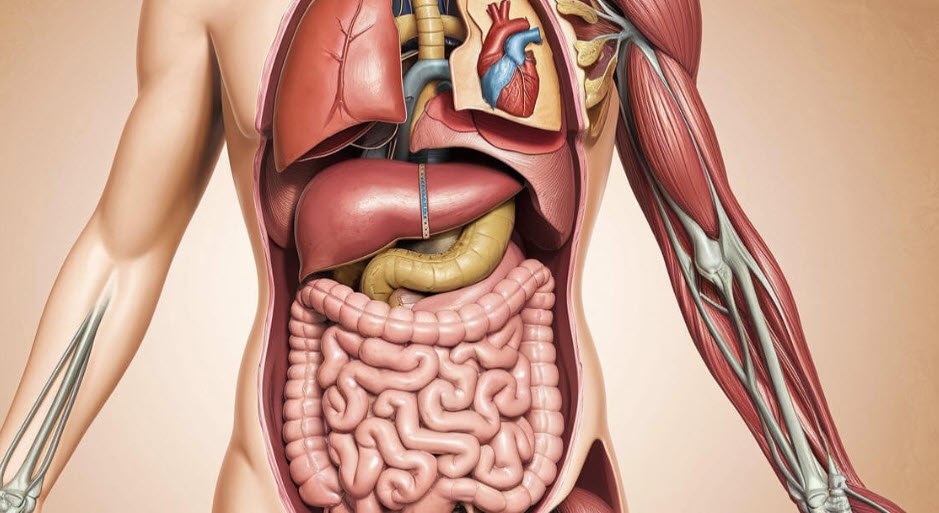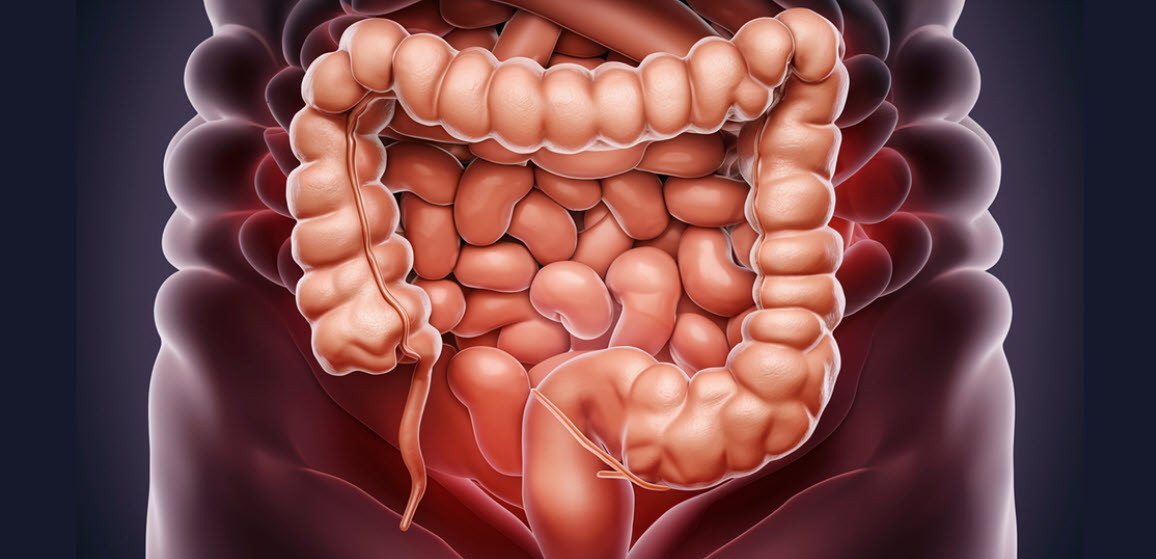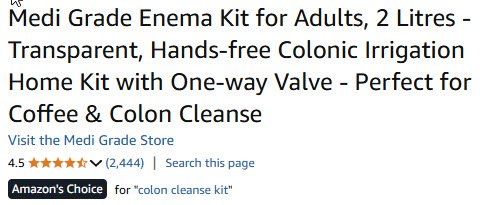What Is a Colonoscopy?
A colonoscopy is a medical procedure that allows a doctor to examine the inner lining of your large intestine (colon and rectum) using a flexible tube with a camera. It's used for both colon cancer screening and diagnosing digestive conditions.
**Why It's Performed** A colonoscopy is primarily used for screening purposes, especially in adults over the age of 45 or 50, depending on guidelines, to detect early signs of colon cancer. It also helps diagnose and evaluate symptoms such as unexplained abdominal pain, rectal bleeding, chronic diarrhea or constipation, and iron deficiency anemia. Healthcare providers may recommend a colonoscopy if you have a family history of colorectal cancer or other risk factors like inflammatory bowel disease. Early detection through colonoscopy can significantly improve treatment outcomes and save lives by identifying precancerous polyps or early cancerous growths before they develop into more serious conditions.
Why It's Performed
- Screening for colon cancer: Recommended starting at age 45 for average-risk adults
- Investigating symptoms: Blood in stool, chronic diarrhea, abdominal pain
- Monitoring conditions: Inflammatory bowel disease (IBD), polyps
- Follow-up testing: After abnormal stool test or imaging
Preparation: What to Do Before
Dietary Restrictions (3-5 Days Before)
- Avoid nuts, seeds, popcorn, corn, and whole grains
- Transition to low-fiber foods
- Clear liquid diet only for 24 hours before procedure
Bowel Prep (Day Before)
- Take prescribed laxative solution (usually split dose)
- Drink plenty of clear fluids to prevent dehydration
- Expect frequent bowel movements until stool is clear/yellow
- Stop all fluids 2-4 hours before procedure
During the Procedure
- Duration: Typically 30-60 minutes
- Anesthesia: Usually conscious sedation or propofol
- Process: Scope inserted through rectum while you lie on your side
- Polyp removal: Any found polyps are typically removed and biopsied
After the Procedure
- Recovery time: 1-2 hours for sedation to wear off
- Common side effects: Gas, bloating, mild cramping
- Resume normal diet unless instructed otherwise
- Avoid driving or important decisions for 24 hours
- Receive preliminary results before leaving
Understanding Results
Normal Results
- No abnormalities found
- Next screening in 10 years (for average-risk patients)
Abnormal Results
- Polyps: Usually benign but may be precancerous
- Diverticulosis: Small pouches in colon wall
- Inflammation: May indicate IBD or infection
- Cancer: Rare but requires immediate follow-up

Frequently Asked Questions
Q: Is colonoscopy preparation painful?
A: The prep isn't painful but can be uncomfortable due to frequent bowel movements. Newer prep solutions are more tolerable.
Q: What if I can't finish the bowel prep?
A: Contact your doctor. Completing at least 75% is usually sufficient, but your procedure may need rescheduling.
Q: Can I take my regular medications before colonoscopy?
A: Most medications can be taken, but blood thinners and diabetes medications often need adjustment. Always consult your doctor.
Q: How accurate is colonoscopy for detecting cancer?
A: It's the gold standard, detecting about 95% of colon cancers when performed properly.
Q: Are there alternatives to colonoscopy?
A: Yes, including stool tests and CT colonography, but colonoscopy remains most comprehensive for detection and prevention.
Potential Risks
- Bleeding (after polyp removal, usually minor)
- Perforation (very rare, less than 1 in 1,000 cases)
- Reaction to sedation
- Missed lesions (small polyps sometimes overlooked)
Key Takeaways
- Colonoscopy can prevent colon cancer by removing precancerous polyps
- Proper preparation is crucial for accurate results
- The procedure is typically painless with sedation
- Most people need screening starting at age 45
- Benefits far outweigh risks for most patients
The content of this post is provided for informational purposes only. It is essential to consult with a qualified healthcare professional before making any decisions regarding your health or wellness. The author is not a licensed medical professional, and this information should not be considered medical advice.
CLICK BELOW to check out a good, popular Enema Kit:
If you require any assistance with this article, please do not hesitate to Contact Us
Have you had a colonoscopy? Share your preparation tips or experience in the comments below!














